The Connection between Autism, ADHD, and Sleep

By Christine Hemelians, MS, OTR/L Quality sleep is important and beneficial for everyone; however, it’s especially important for babies and toddlers. Sleep plays a crucial role in the development of mental and physical health for children. It impacts alertness and attention, cognitive performance, language and vocabulary acquisition, and learning and memory (Pacheco & Vyas, 2023). […]
Infant Oral Reflexes
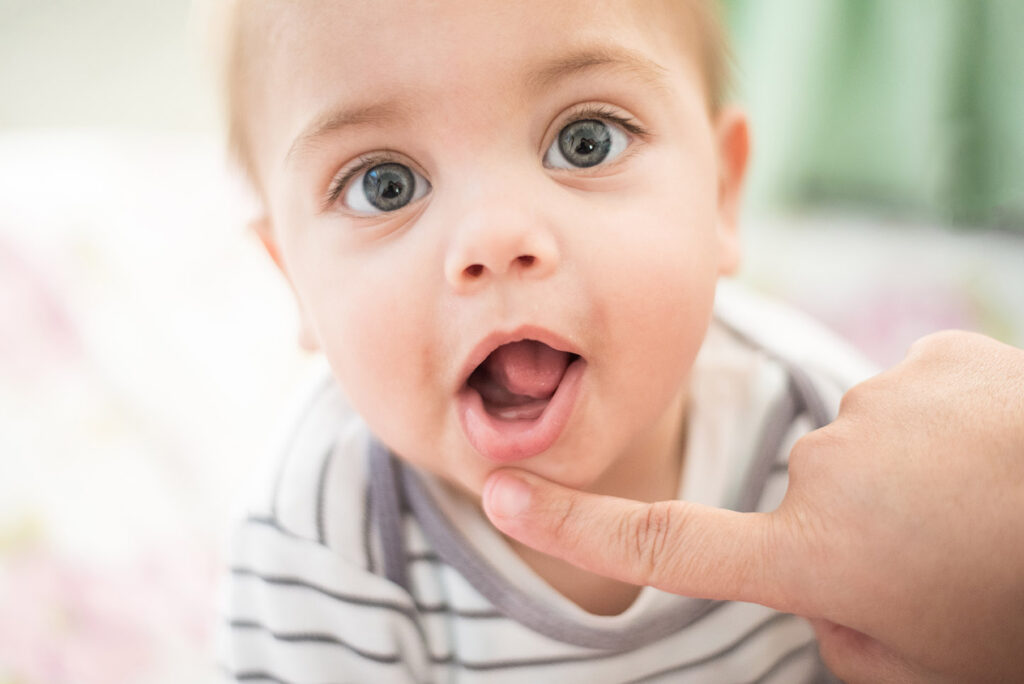
By Rouzan Dishoian, MS, CF SLP Reflexes are involuntary responses to certain stimuli that help us protect our body from things that can harm us. Infants are born with a few oral-pharyngeal reflexes that are critical to maintain life and ultimately serve functions, such as feeding, breathing, and communication. Here are some infant oral-reflexes: Rooting […]
Shouldn’t my child be playing with other kids? Parten’s 6 Stages of Play
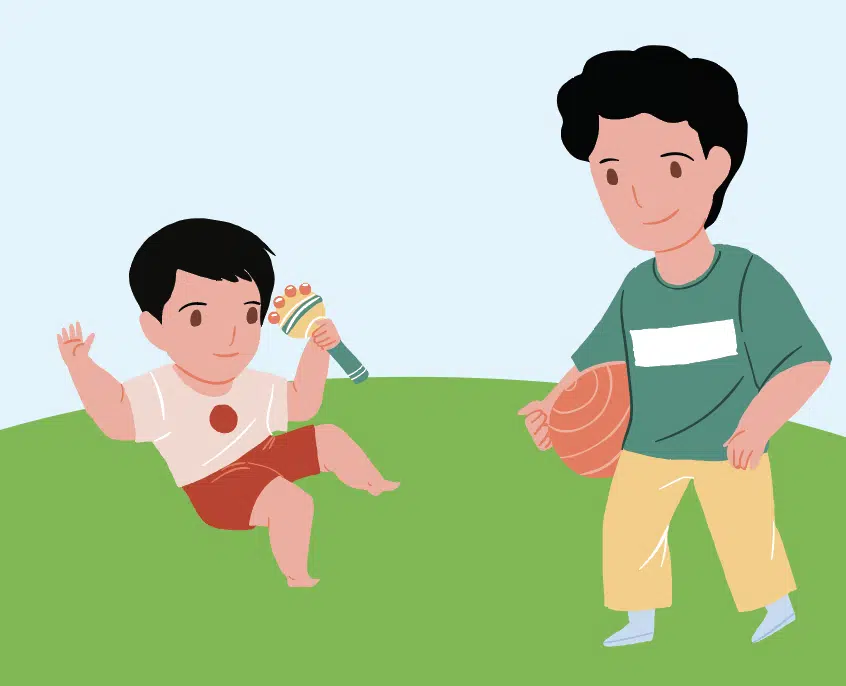
By Nicole Tutaj, MA, OTR/L Parents are often concerned when their child is not playing with others. Often times, it’s possibly because they are still too young as they are learning how to engage and play with toys on their own before they can play with others. Why is play so important? A child’s main […]
Stimming: What is it and why it happens
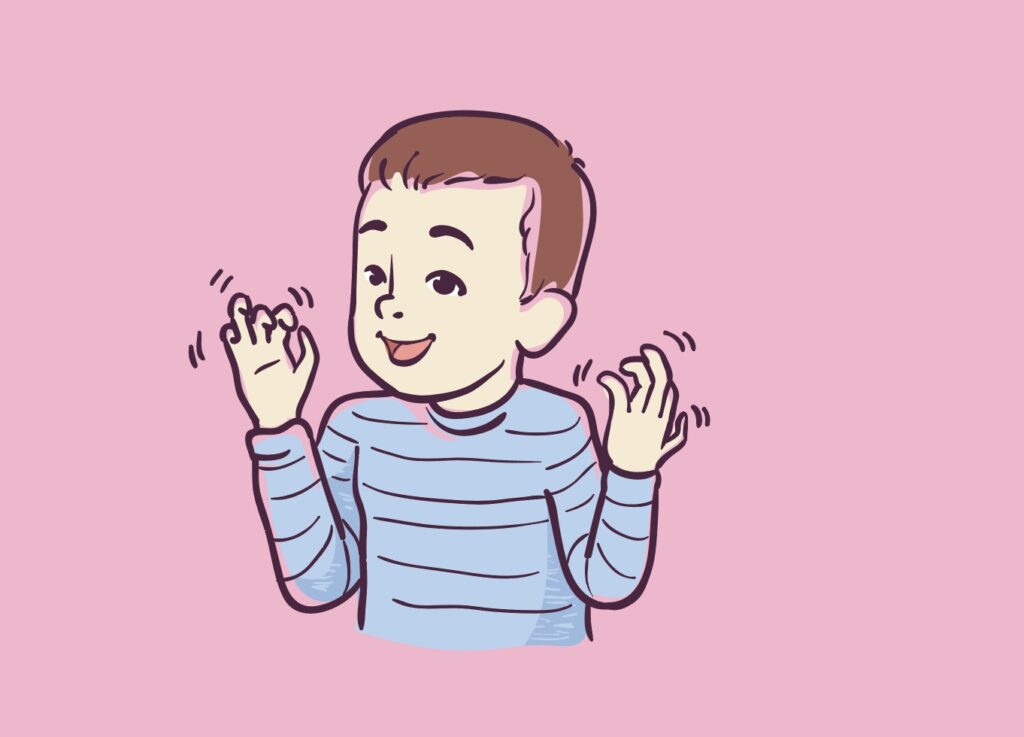
By: Christine Hemelians, MS, OTR/L Stimming can be used to describe repetitive movements and actions to stimulate the senses. These movements can occur due to a result of too much or not enough stimulation in the environment. A child might use stimming to help regulate their emotions or to cope in an overstimulated environment. Stimming […]
What is Joint Attention?
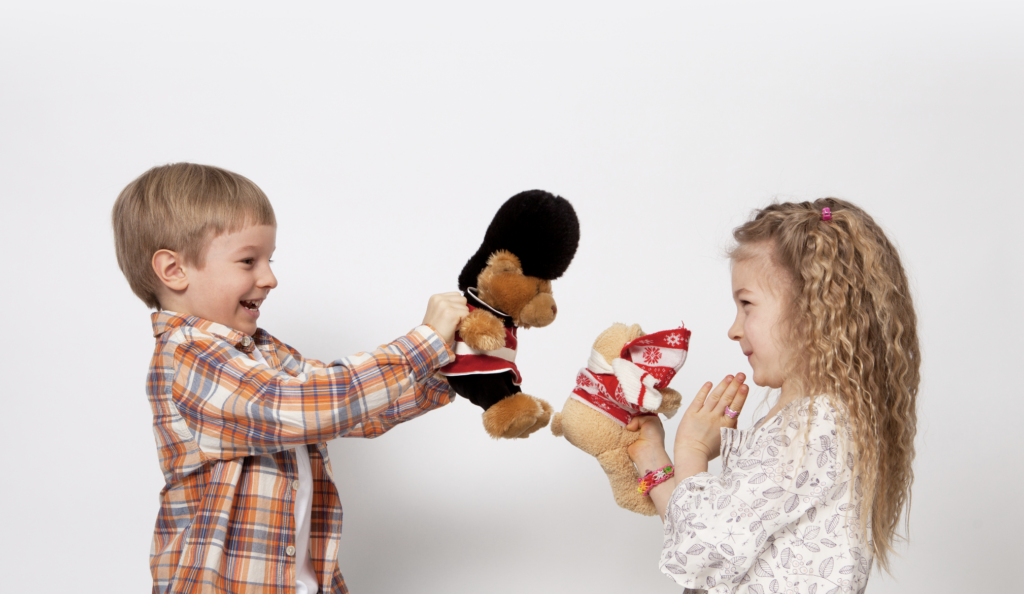
By ROUZAN DISHOIAN, MS, CF-SLP Joint attention or shared attention is a shared focus of two individuals on an object. It is achieved when two individuals shift attention between an object and each other for the purpose of sharing experiences. Joint attention is a form of early social and communicative behavior. It is the most […]
What is self-regulation?
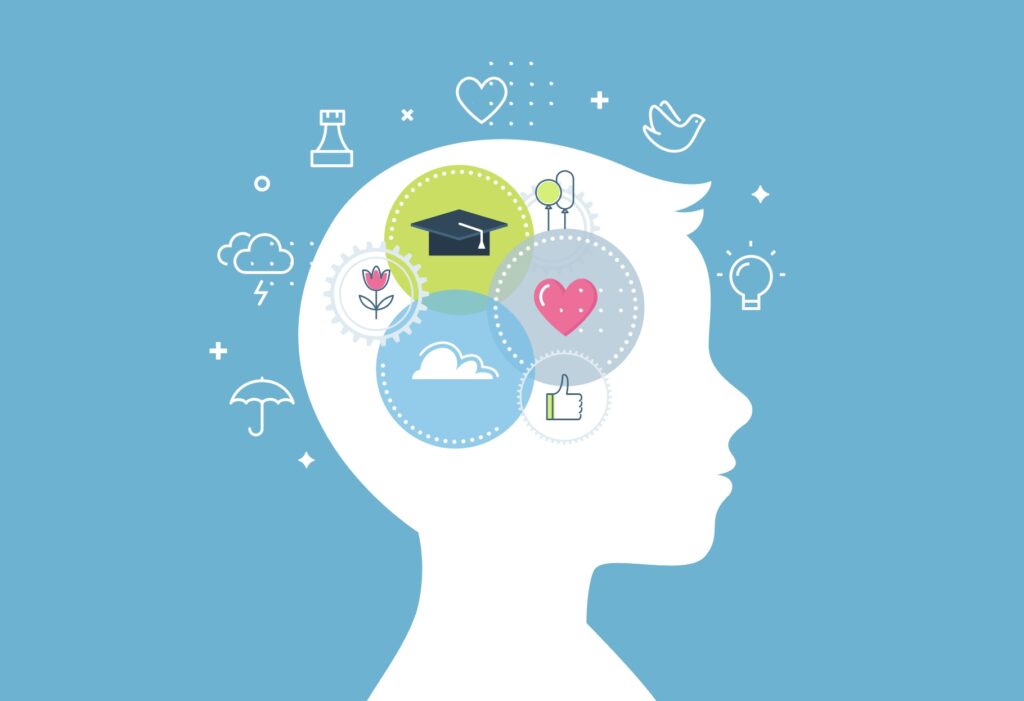
By Nicole Tutaj MA, OTR/L Self-regulation is one’s ability to manage their behaviors, emotions, attention and adjust depending on the circumstances in the environment. It is the ability to calm down when upset, handle frustration without aggressive behaviors or outbursts, and to be flexible to change. Self-regulation is a foundational skill, once a child learns […]
Managing Screen Time

Nicole Tutaj, MA, OTR/L Managing screen time in this digital age is something many of us struggle with. What’s the right amount of screen time my child should have? What should they be watching? Is it so bad? These are just a few of the questions many occupational therapists receive from parents who are in […]
Gross motor skills: Jumping!

By Deborah Lee MS, OTR/L “When should my child start jumping?” is one of the common questions asked by parents. All the more, when parents see their child’s peers jumping up and down, they cannot help but to compare and become concerned. According the research, children should be able to learn how to jump between […]
What are fidget tools and why are they important for kids?
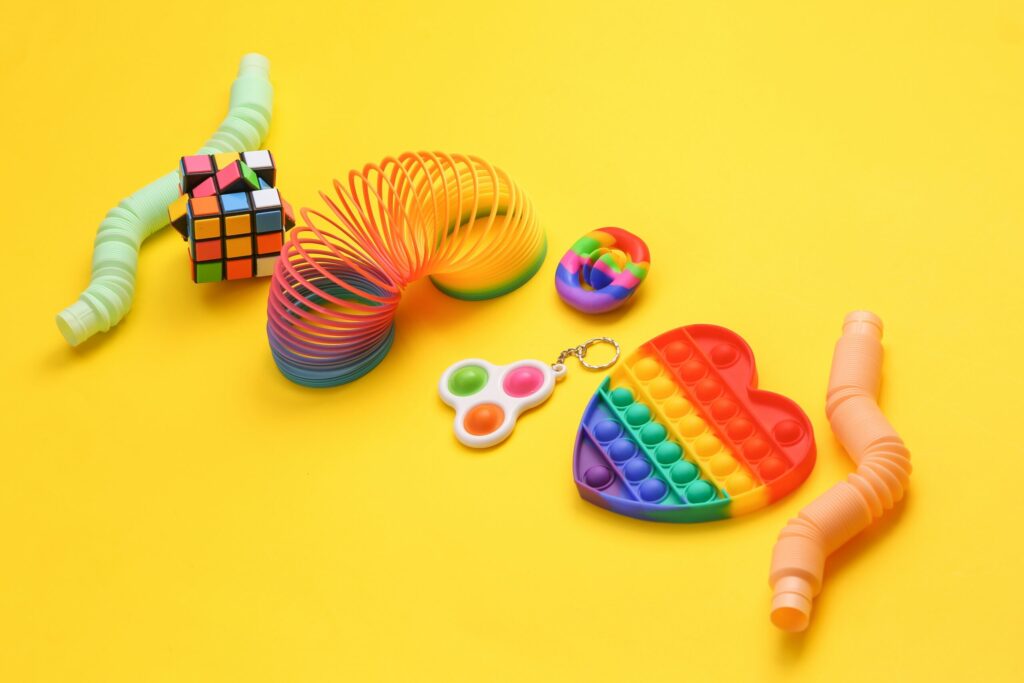
By Christine Hemelians, MSOT, OTR/L We all fidget in some way shape or form. For example, shaking our legs, twirling our hair, biting our nails, chewing on pen caps, or tapping fingers on the table. While this may be thought of as distracting, these actions are used as a form of self-regulation, and if directed […]
Sensory “meltdown”, or behavioral “tantrum”?
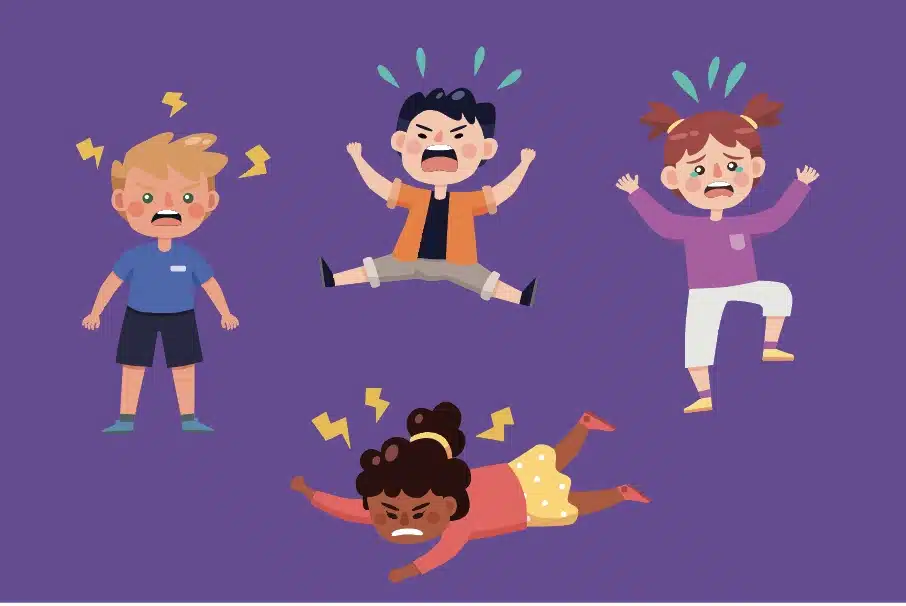
By Isabella Hakobian OTD, OTR/L It can often be difficult to determine whether your child’s actions are rooted from a behavioral or sensory issue. Here are some ways you can determine whether it is sensory or behavioral, and how to treat a sensory meltdown. Sensory “meltdowns” are a biological reaction, and they are typically caused […]